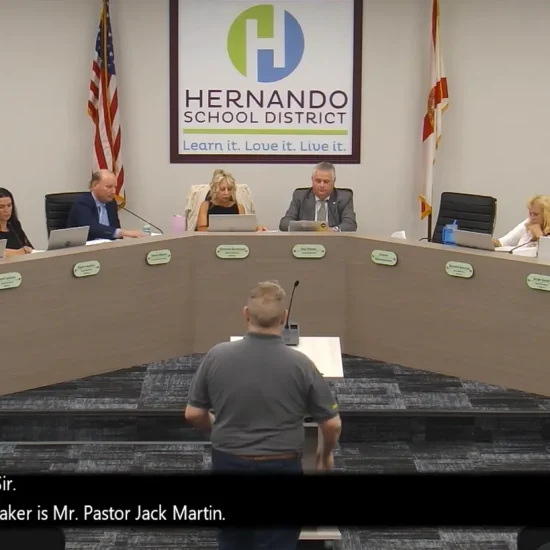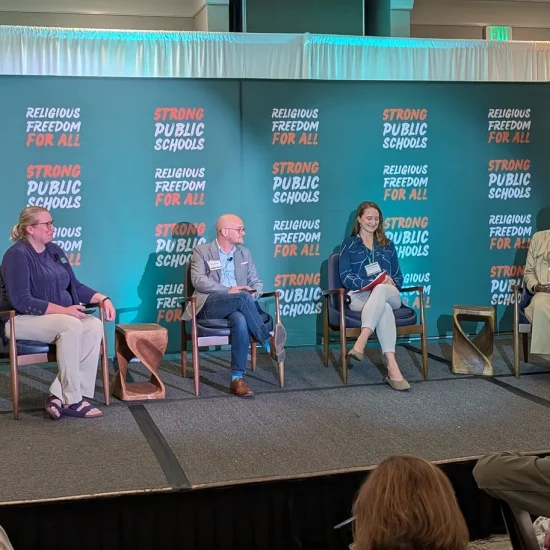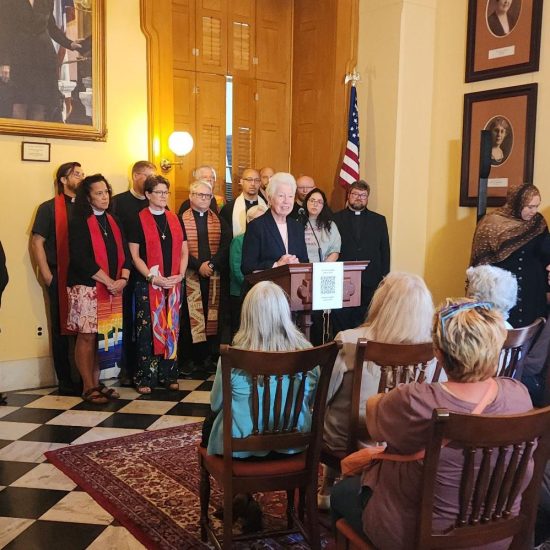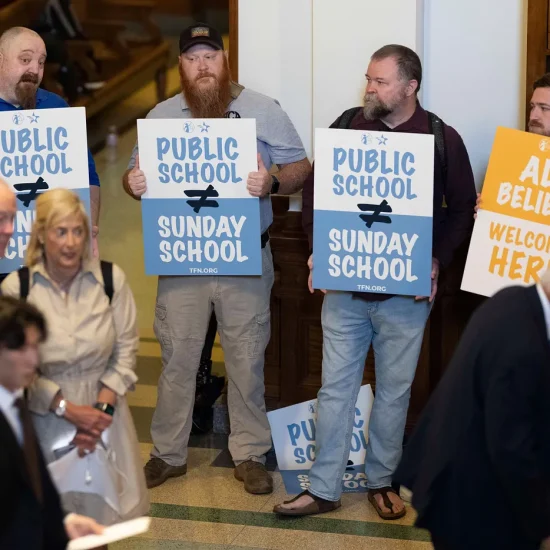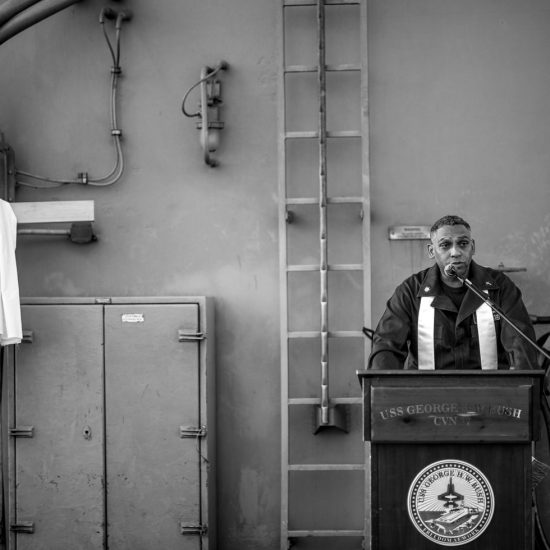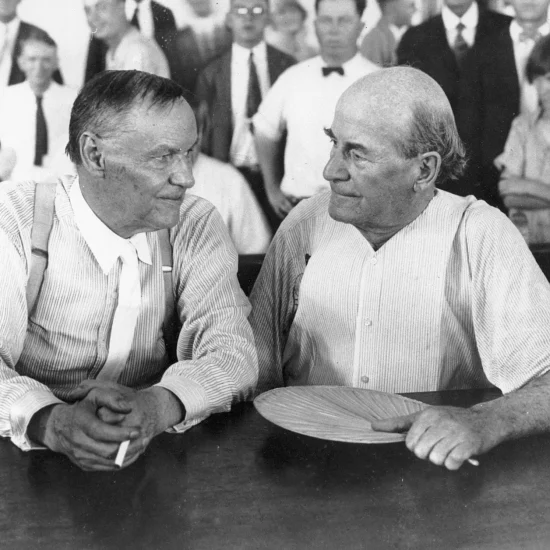JEFFERSON CITY — Church/state concerns can be tricky for many believers — from stands on social issues to faith-based initiatives funded, at least in part, from government sources.
Chaplains who serve government entities sometimes walk a fine line between ministering to their constituents without seeming to sacrifice allegiance to God or to their churches.
Rather than focusing on church/state separation, Carl Gauck, chaplain for the Missouri Senate, and Ken Chapman, chaplain at the Algoa Correctional Center in Jefferson City, concentrate on building inclusive relationships.
Prayer often is the most visible aspect of both clergymen's job and the one that can spark controversy — both from those they serve and from those outside government circles.
Senate duty requires using generic prayers, Gauck said, but he is allowed to refer to "Almighty God."
Chapman, too, tries to be inclusive. "I don't in any way deny my faith," he said. But there are times, particularly when he represents the chapel at an institutional event, such as a GED graduation ceremony, when he might word a prayer more carefully.
"I tell them that I am going to pray to my God and I invite you to pray to yours," he explained. And he ends his prayer in the name of Jesus.
So far, neither has been restricted in the ministry they provide.
The Senate chaplain is a paid, part-time position when the Legislature is in session. Gauck opens each legislative day with prayer and coordinates a monthly prayer breakfast for senators. He also responds with spiritual care and counseling for senators, their families and Senate staffers at their request.
"Our state is made up of various denominations and faiths," Gauck said. "I try to be very careful to be inclusive."
Chapman pointed out that his job is primarily seen as administrative, rather than religious, in nature. He does not conduct most programs or ministries. Instead he coordinates ministries other religious bodies and volunteers provide.
If an issue arises that could lead to church/state conflict, Chapman usually seeks guidance from others. "I do what I feel led to do…," he said.
"If I feel there is a conflict…I would go to my immediate supervisor and discuss it…. I think you have to be very careful about what your motivation and intentions are" as a minister in a government setting because some policies are vague.
Neither man has faced any objections from or conflicts within their churches because of their government-related ministry. Now a retired Lutheran pastor, Gauck does interim work. He does not speak for the denomination on social or other issues while ministering to senators.
Chapman, also part-time pastor of Flag Spring Baptist Church in California, believes his exposure to other faiths as a correctional chaplain makes him a better pastor.
The corrections post "doesn't affect my work at the church too much, but it has given me a better understanding of how Baptists perceive other faiths," he said. "I'm a better rounded Christian because I relate to other faith groups…. And different faith groups have affirmed my faith."
Members of his church are "hungry to know what other faith groups believe," he said. Sharing what he has learned helps lead members to understand what they believe and why they believe it, he added.

